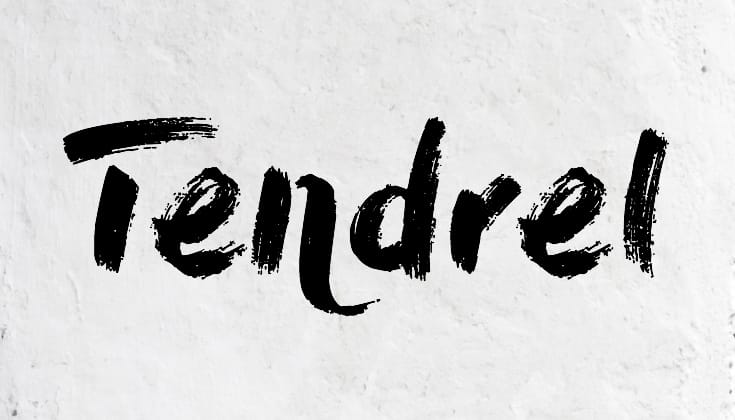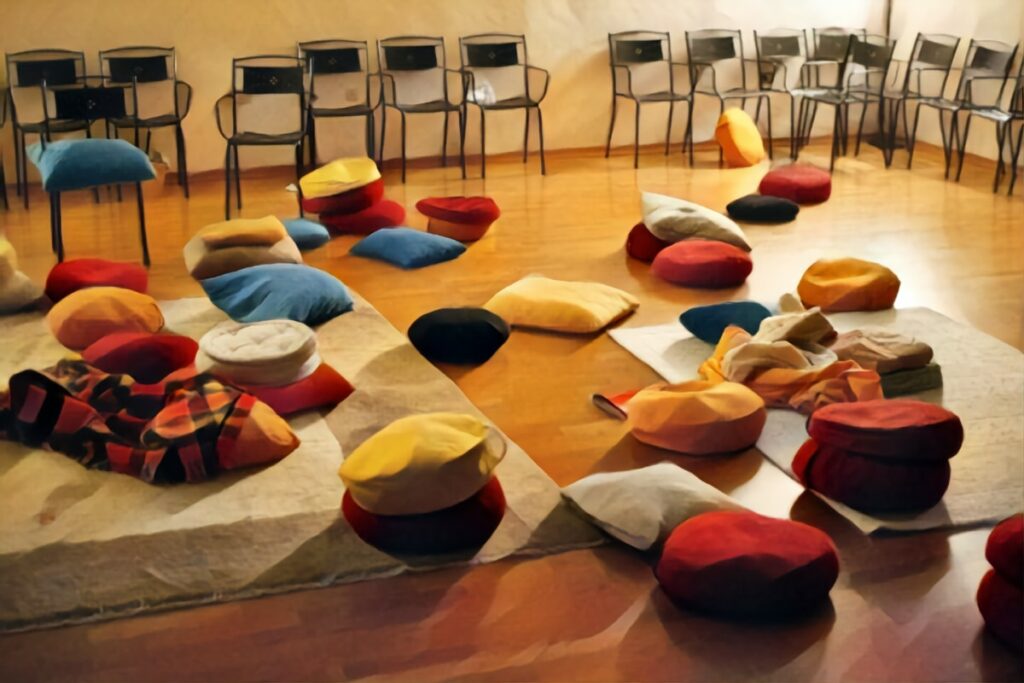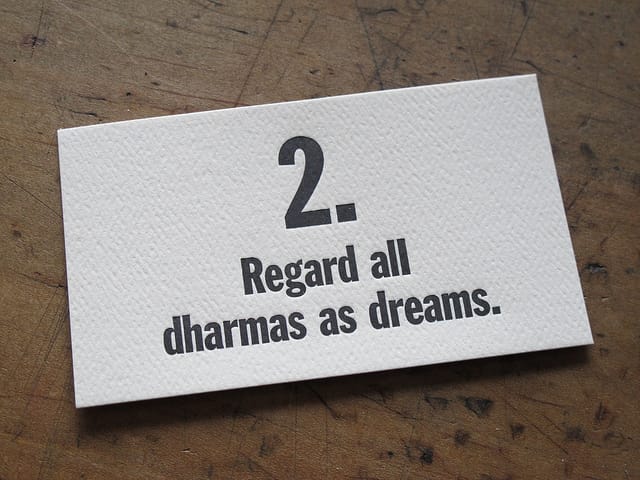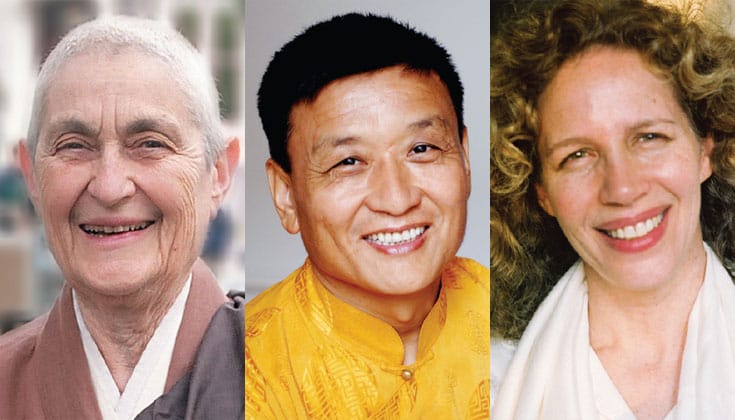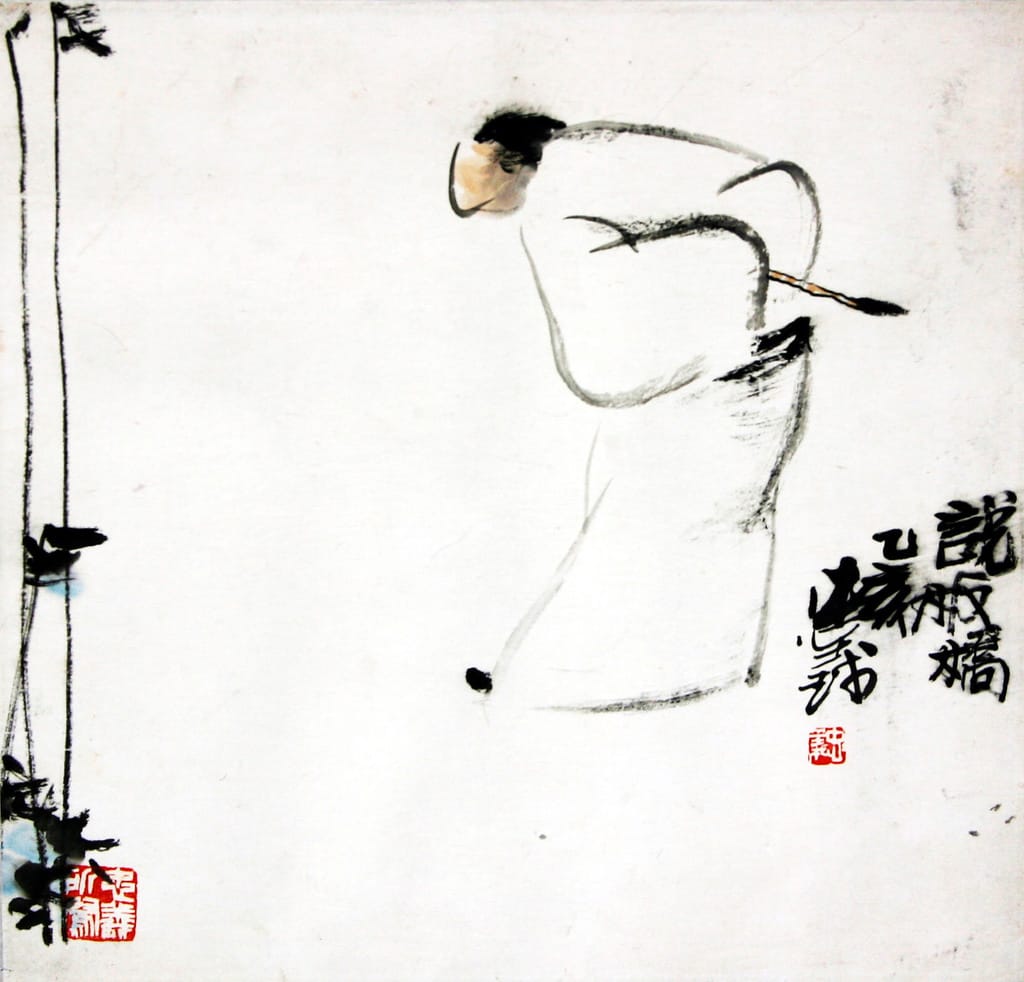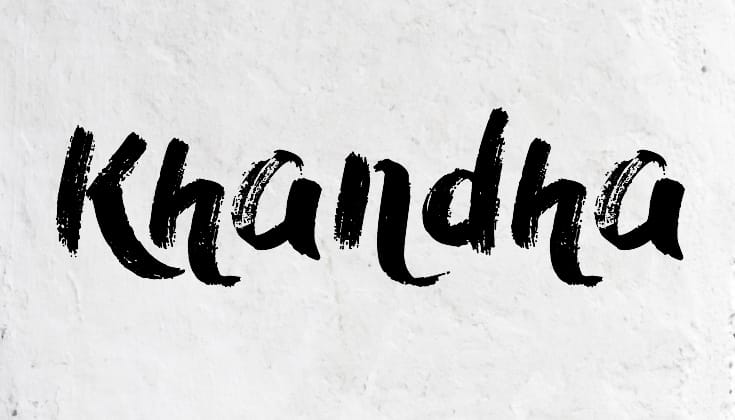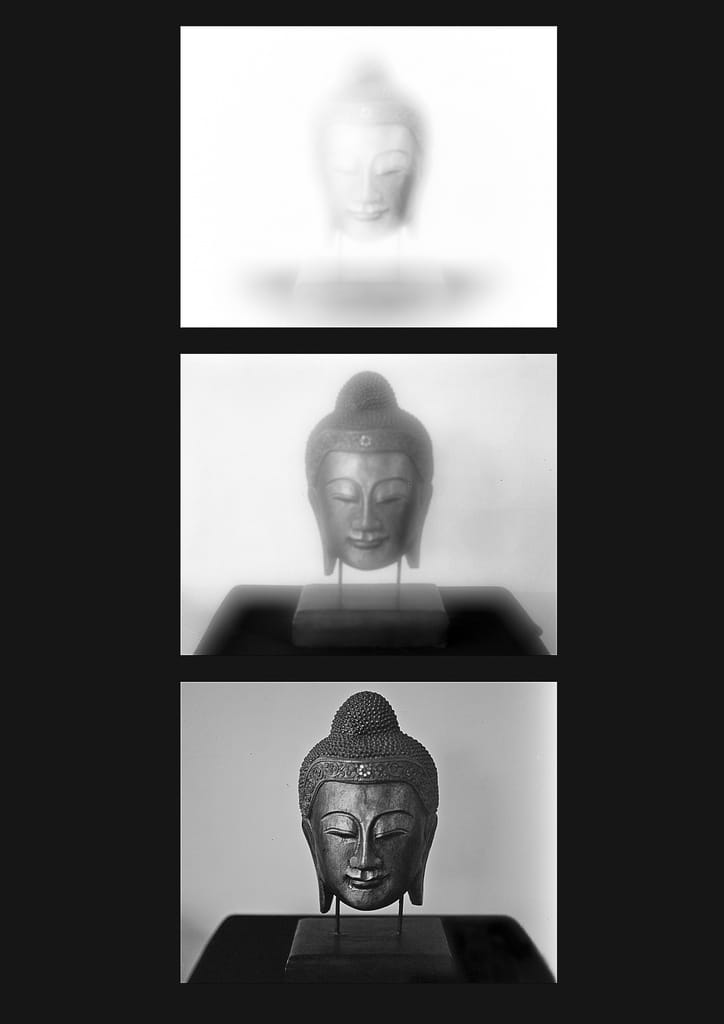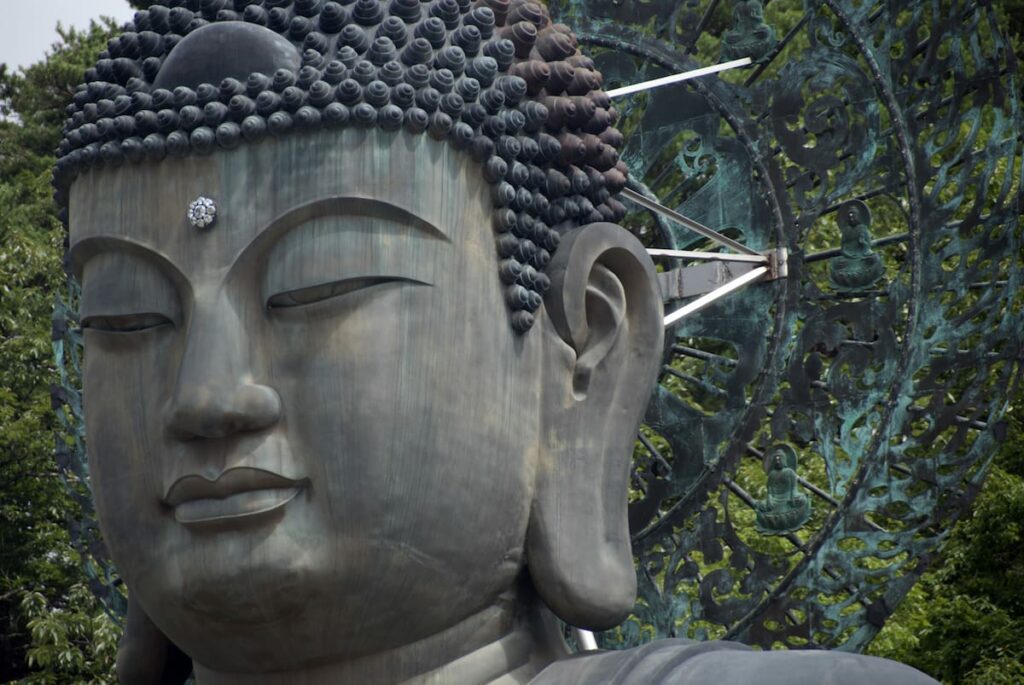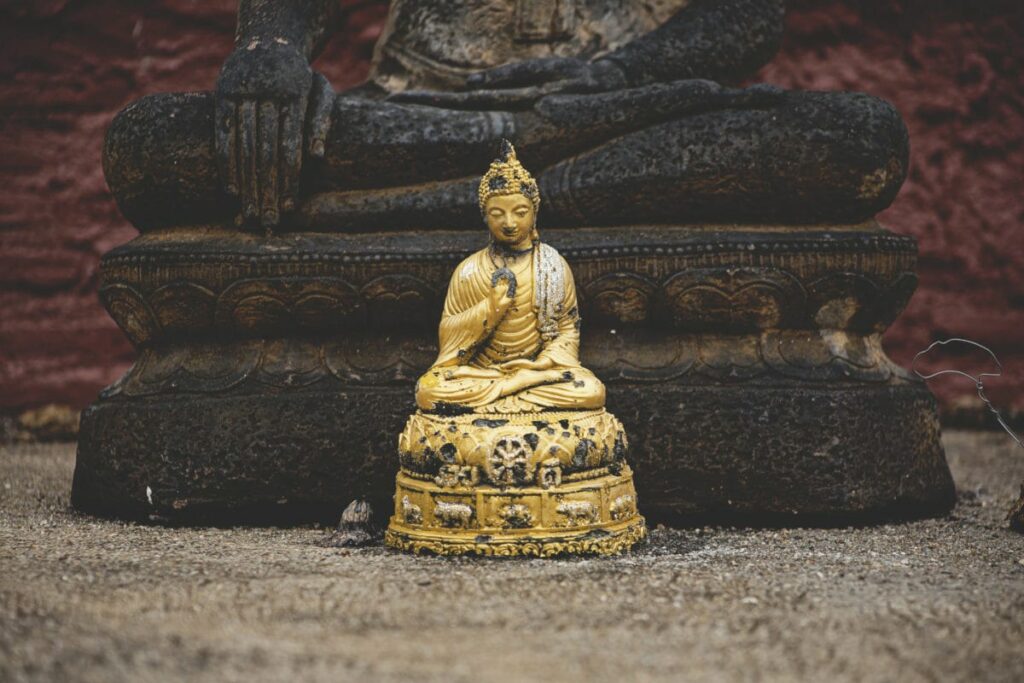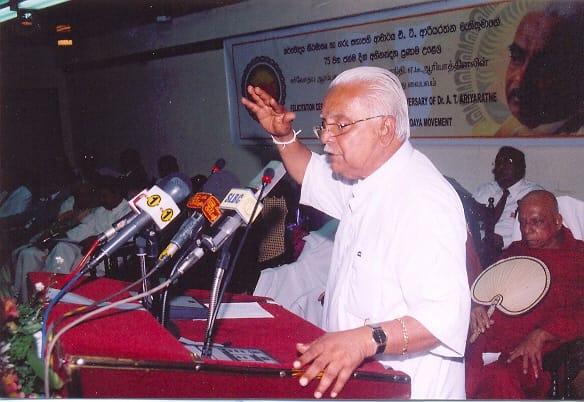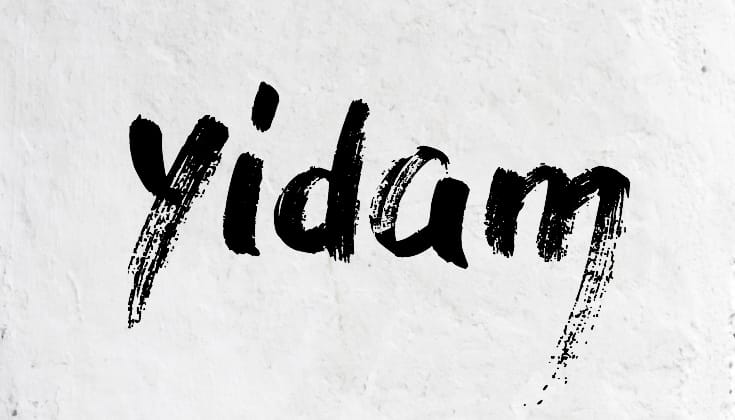Archives: BD Articles
Just These Two Things: Mind and Matter
The late Sayadaw U Silananda explains that the purpose of vipassana meditation is to see mind and matter clearly, and to see that there is only mind and matter.
What is Tendrel?
Tendrel, as defined by Tyler Dewar, an oral and textual translator for Nalandabodhi, an international network of Buddhist study and meditation centers.
How Ethical Conduct Leads Buddhists to Wisdom
How might our minds find peace, and even liberation? It starts, said the Buddha, with what we do (or don’t do). Bradley Donaldson explains.
Embracing Conflict in Sangha
More and more American sanghas are turning to new and creative approaches to address interpersonal conflicts in their communities.
The Kind of Guru I Had
The late Dzogchen master Tulku Urgyen Rinpoche recalls the profound influence of his teacher, Samten Gyatso, and the early teachings he received from him.
Forum: The Lojong Mind Training Practices
Judy Lief, Ken McLeod, and B. Alan Wallace discuss the seven points of mind training and how they work in our daily lives.
Will Marriage Get in the Way of My Practice?
I’m worried about how marriage might conflict with my practice. How can you come to terms with attachment and ultimately renounce it, AND be married?
Forum Essays
Buddhadharma readers share their experience of Buddhist practice in everyday life as it relates to the generational divide and diversity within the sangha.
Forum Essays: Depression
Buddhadharma readers share their experience of Buddhist practice in everyday life as it relates to depression and mental illness.
Forum: Barriers to the Dharma
A discussion of race, class and education, and how they’re limiting who becomes interested in Buddhism. Featuring Paul Haller, Marlene Jones, Charles Prebish, and Guy McCloskey.
The Zen Priest’s Koan
Sojun Mel Weitsman once asked Suzuki Roshi, “What does it mean to be ordained as a Zen priest?” The answer—“I don’t know”—has been his koan ever since.
What is Khandha?
Khandha as defined by Ajahn Punnadhammo, an abbot of the Theravada tradition.
Mind Is Buddha
A simple three-word koan. Or just a one-word koan: buddhanature. So deceptively simple, yet it penetrates to the very heart of the matter.
The Four Foundations of Mindfulness in the Mahayana Tradition
In the Mahayana tradition, mindfulness is regarded as wisdom, transcendental knowledge, which is known in Sanskrit as prajna. There are several stages we progress through in our study and cultivation of prajna. These become the means for integrating our understanding into our experience, and progressively developing that experience into the full state of realization.
Spring Comes, the Grass Grows by Itself: Remembering Zen Master Seung Sahn (1927-2004)
Stanley Lombardo remembers Zen Master Seung Sahn, founder of the Kwan Um School of Zen, who died in November.
In Translation: Great Perfection in the Palm of Your Hand
Great Perfection in the palm of your hand. The seminal text Essential Advice for Solitary Meditation Practice, by the late Dudjom Rinpoche.
Peace Is More Than Not Fighting
Felix Holmgren talks with the "Sri Lankan Gandhi," Dr. A.T. Ariyaratne, about his movement promoting peace, and the transformation of the Sri Lankan society
Forum Essays: the Efficacy of Practice
Buddhadharma readers share their experience of Buddhist practice in everyday life as it relates to the efficacy of their practice.
What is a Yidam?
A yidam as defined by Sarah Harding, a Tibetan translator and lama in the Kagyü school of Vajrayana Buddhism.

